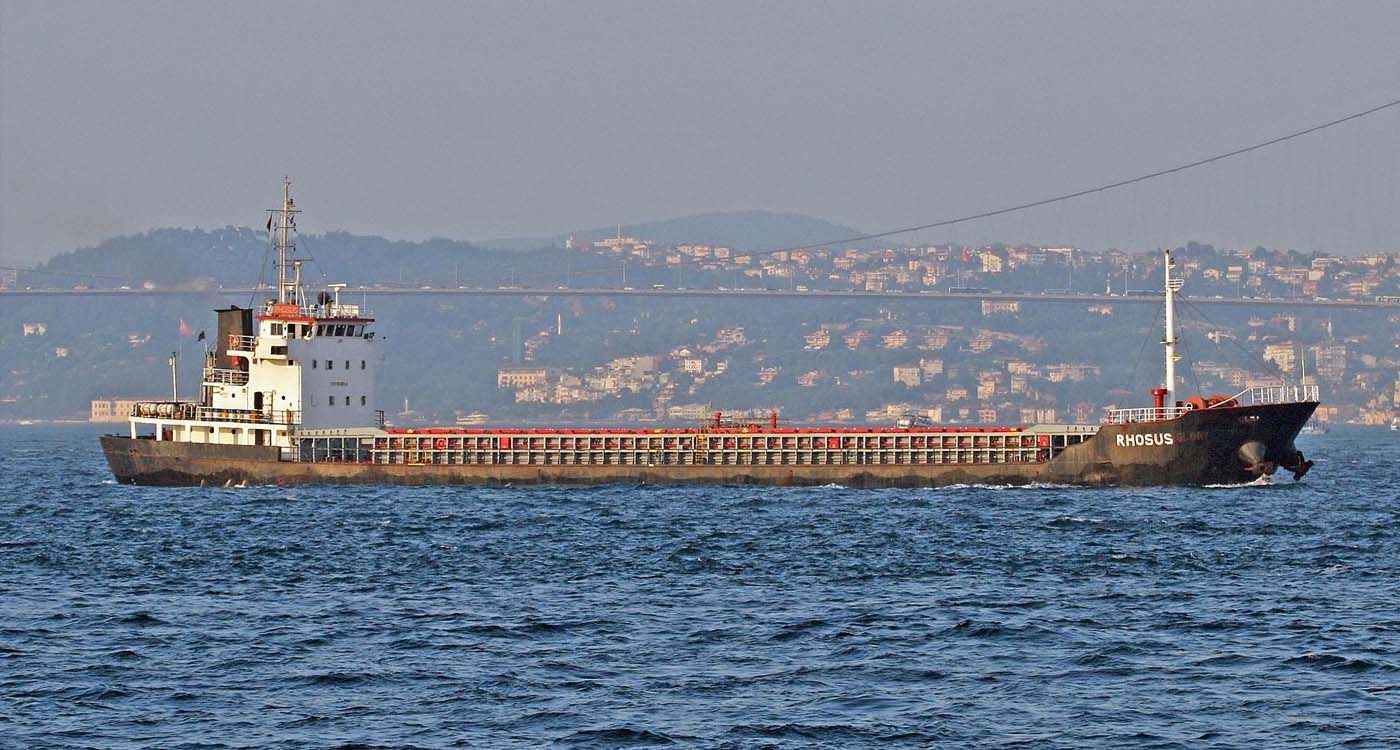
Five years after the tragedy at Beirut’s port on August 4, 2020, the arrest of Igor Grechushkin in Bulgaria has brought renewed attention to a long-stalled case. The 48-year-old Russo-Cypriot, identified as the owner of the cargo ship Rhosus, was apprehended on September 5 at Sofia Airport under an Interpol Red Notice issued at Lebanon’s request. He has since been placed in pre-trial detention for 40 days, giving Beirut time to submit a possible extradition request.
The Rhosus was far from an ordinary ship. Decrepit, burdened with debt, and repeatedly banned from sailing, it was carrying 2,750 tons of ammonium nitrate in 2013 – a chemical classified as explosive under Lebanese law when its nitrogen concentration exceeds 33.5%. During an unscheduled stop in Beirut, the cargo ship was detained and ultimately abandoned in the port. Grechushkin, the ship’s operator, left Lebanon, leaving the crew on board to fend for themselves.
But the Rhosus was not only decrepit; it had already drawn scrutiny for its irregularities and murky connections. Behind Igor Grechushkin’s name lies a web of shell companies. Several investigations have pointed to the role of a Cypriot ship-owner, Charalambos Manoli, described as the ship’s real owner.
For the families of the victims, the ship’s route is far from a technical footnote. “The journey of the Rhosus is crucial to understanding who owned the ammonium nitrate, who ordered its transfer, and whether it was really a coincidence,” said their lawyer, Cécile Roukoz, in an interview with This is Beirut.
An Investigation Hindered by Roadblocks
Stored carelessly in Warehouse 12 at the port, the cargo eventually exploded on August 4, 2020, killing more than 200 people, injuring thousands, and causing widespread destruction across Lebanon’s capital. It was one of the largest non-nuclear explosions in history.
Since then, the Lebanese investigation has proceeded sporadically. Investigating judge Tarek Bitar, appointed after his predecessor stepped down, was forced to halt proceedings in January 2023 due to political roadblocks. He resumed the case in early 2025 under the promise of independence publicly affirmed by President Joseph Aoun and Prime Minister Nawaf Salam. Yet the central question remains: who, in Lebanon and abroad, bears responsibility for this deadly cargo?
What the Arrest Could Expose
Grechushkin’s arrest could provide new insights into the case. He might reveal the true origin of the nitrate, its intended destination – officially Mozambique, but possibly Syria – and why it was unloaded in Beirut. He could also clarify the murky ownership of the ship and whether he was merely a figurehead or played a more central role. He may also be questioned about the Rhosus’ 2018 sinking, which some see as an attempt to destroy evidence.
For the victims’ families, every answer matters. “We naturally see this arrest as a positive step, as each piece of information brings us closer to the truth,” stressed Roukoz. “But we want the full truth, not selective justice.”
Lebanese authorities have 40 days to submit a complete and substantiated file. In the meantime, Judge Bitar could delay the publication of his indictment.
These uncertainties have only heightened the families’ frustration, as they continue to call for a transparent investigation. “The victims’ blood must not be used to justify injustice against anyone,” stressed Roukoz. In her view, Grechushkin’s arrest will only matter if it leads to questioning everyone involved in the case, ensuring that the real perpetrators are brought to justice.
All Eyes on October 4
Igor Grechushkin’s arrest does not bring the case to a close. If anything, it underscores the many lingering questions: the nitrate’s true destination, the role of shell companies, and the Lebanese state’s responsibility for its negligent storage. At the same time, it offers a glimmer of hope for a renewed investigation, even as Lebanese society continues to grapple with a long-standing absence of justice.
The victims’ families are determined to keep the pressure on. Following their monthly tradition on the 4th of each month, they plan to gather again in Beirut. Speaking about the upcoming meeting, Roukoz said that October 4 could mark a significant step: “If nothing happens by then, beyond the usual signs and statements, we may raise new slogans, push the Lebanese authorities to act on the extradition, and send a clear message to Bulgaria.”




Comments